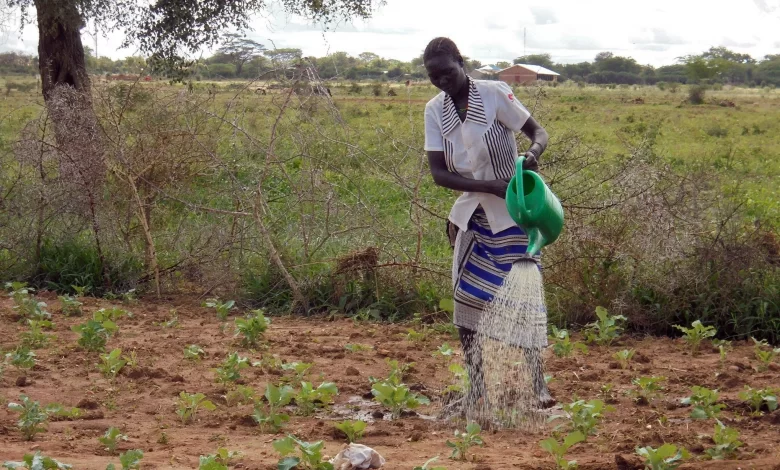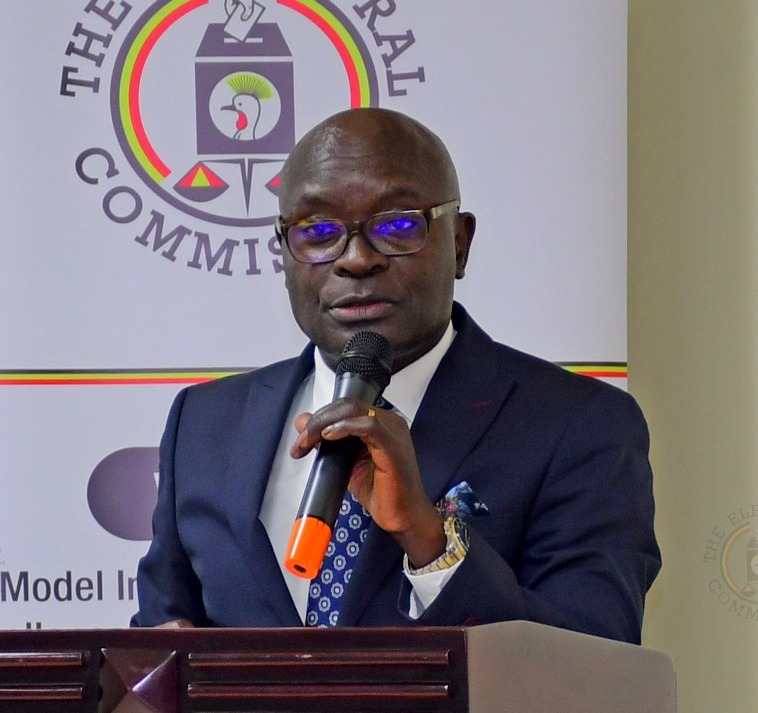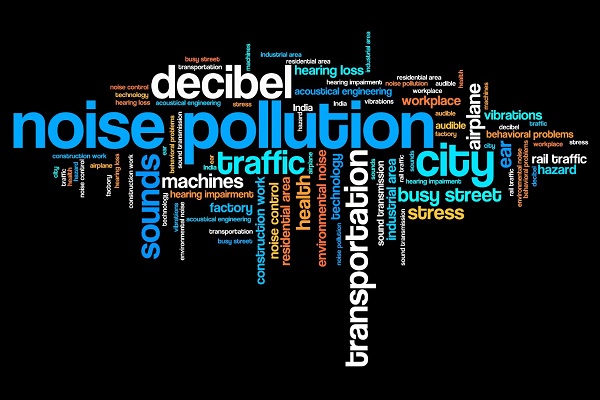Empower women in the green energy transition to promote their good health
This may be detrimental to women’s health leading to chronic obstructive lung disease (COPD), asthma, respiratory tract infections including tuberculosis and lung cancer and development of reproductive difficulties.

By Olivia Atuhaire
The electricity access in the country remains at less than 25% and of these, over 90% depend on biomass and charcoal which generate a lot of emissions into the atmosphere for key energy needs such as cooking and even those who are connected to the grid often experience power failures which is so unfortunate.
This has created pressure on the forests in search for firewood and charcoal which has worsened the impacts of climate change and has put people’s health at stake especially women who are vulnerable to the exposure of the pollution since they spend more time keeping close to cooking points while fulfilling domestic gender roles of preparing food for the household using inefficient firewood. This may be detrimental to women’s health leading to chronic obstructive lung disease (COPD), asthma, respiratory tract infections including tuberculosis and lung cancer and development of reproductive difficulties.
Additionally, while gathering biomass fuel, women may also be exposed to other risks and hazards like the release of carbon monoxide, leading to headaches, nausea, dizziness and in high concentrations, premature death that may lead to poor health and or trauma.
Further, the World Health Organization (WHO) estimates that 4.2 million people die from exposure to outdoor air pollution, in addition to the 3.8 million whose deaths are linked to household smoke produced by dirty stoves and fuels.
Cooking with firewood is also fueling gender-based violence among women which may make their mental health more likely to suffer from using biomass fuels than men’s, largely due to traditional gender norms where they say cooking primarily with charcoal and wood is meant for women and girls and have approximately 50% higher odds of likely depression than those cooking with electricity and without access to clean energy, women also tend to experience fewer job opportunities and less food security thus contributing to their poorer mental health and early death.
It is noted that biomass and wood are often cheaper and more accessible when it comes to vulnerable people than clean and modern energy sources like electricity and gas in rural areas, however these comes with the high cost to human health which most people do not know most especially women who are more engaged in domestic work that need energy. The inability of affording clean household energy has worsened people’s mental health in especially rural areas which the government needs to tackle to improve on people’s standards of living
More so, access to energy is a fundamental necessity to communities because it enhances the quality of life, support economic development and enable their prosperity. However, many isolated communities in Uganda including those from the oil regions continue to struggle with energy challenges living in the darkness without clean, reliable and affordable power sources.
This explains why 90% of Ugandans mostly women depend on biomass and firewood for cooking because these poor energy investment strategy limits the progress of increased access to green energy in the communities.
In addition to the above, many other households have not adopted to clean cooking options due to lack of empowerment, skill and sensitization by the government. This has not only created pressure on the forest cutting but also negatively affecting the health of rural women and girls.
Therefore, the government should skill and empower women to strengthen their presence in green energy transition such as clean cook stoves, biogas, or solar energy that are designed to be more efficient, clean and produce fewer emissions compared to traditional cooking methods to avoid health diseases and this can help the country achieve more of its inclusive and sustainable energy development goal by 2030.
Empowering women in the green energy transition will help them improve on the health lifestyle they are living since they are the most energy consumers particularly in the household but also in business and policy making in homes. Women’s empowerment and leadership in the energy sector could also help accelerate the transition to a low-carbon economy by promoting clean energy and more efficient energy use as well as help to tackle energy poverty in the country.







